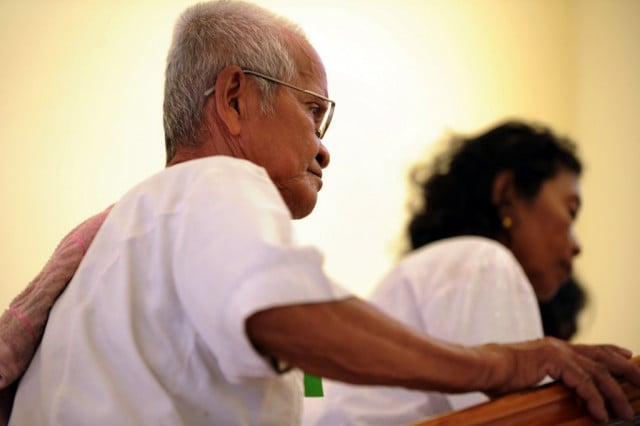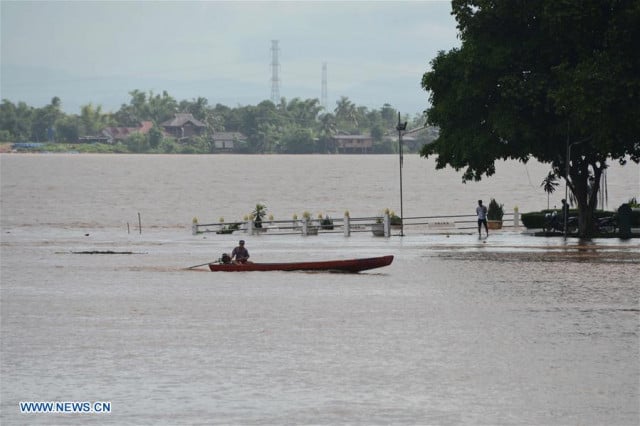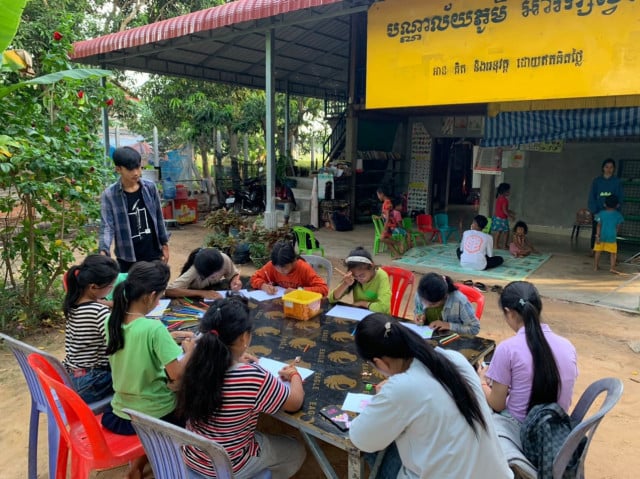Elderly Cambodians Remain Dependent on their Children for Support

- Lim Tola
- June 17, 2020 7:13 AM
In most developed nations, elderly parents do not need to rely on the income of their children. The safety of retirement is frequently guaranteed by a range of government programs, ranging from pensions to subsidies, but the same cannot be said of Cambodia. Aging parents here remain mostly dependent on their adult children, but where that is not possible, they turn to pagodas for food and shelter.
As in Europe and the United States, once a person reaches 18 years of age, they are legally an adult and often begin to lead an independent life separately from their parents. By stark contrast, Cambodians usually only leave home when they get married, but even then—many married couples continue to live under the same roof as their parents or in-laws, forming a larger family home.
Such a number of generations under one roof can be a double-edged sword—on the one hand, grandparents have the support of two younger generations and are able to absorb some of the childcare duties to allow their own children to spend more time earning. However, such large familial habitats are rarely free from conflict and so many people living in such close proximity means that disagreements are much more keenly felt.
The trade-off for this is the emotional connection and unity of a family living together, connected, which is lost to certain degrees when families choose to live separately. This still remains rare in Cambodia, as our culture dictates that we are all obligated to look after our elders until their last breath, but increasingly younger generations are placing careers ahead of family values—a natural progression—but what can parents do to ensure that their children will still provide for them when they get old and frail?
There is no simple or definitive answer to this; everyone’s relationship with their parents or children is different, nuanced and subject to change over time. Guaranteeing that the same level of love and affection is maintained from the cradle to the grave is no easy feat, but a common approach in Cambodia is epitomized in this saying: “In order for your children or remember your efforts, you have to first remember the effort of your own parents. The way you treat your own parents will influence the way your children treat you later on.”
This, in modern society, remains an idealistic approach to Cambodians’ social obligations—social mobility is slowly improving and families can dare to dream of better futures for the next generation—but certainly, treating your elderly parents how you would like to be treated when you become old is a good start.
Cambodian families should let go the idea that “five children cannot take care of their two parents, yet two parents can nurture five or even ten children at once.” The effort, affection and love which is provided by parents is priceless and uncalculatedly huge—we can only hope that this younger generation will continue to repay that love in the form of taking care of us when we reach that age, at least until the government devises an effective social safety net for the elderly.















